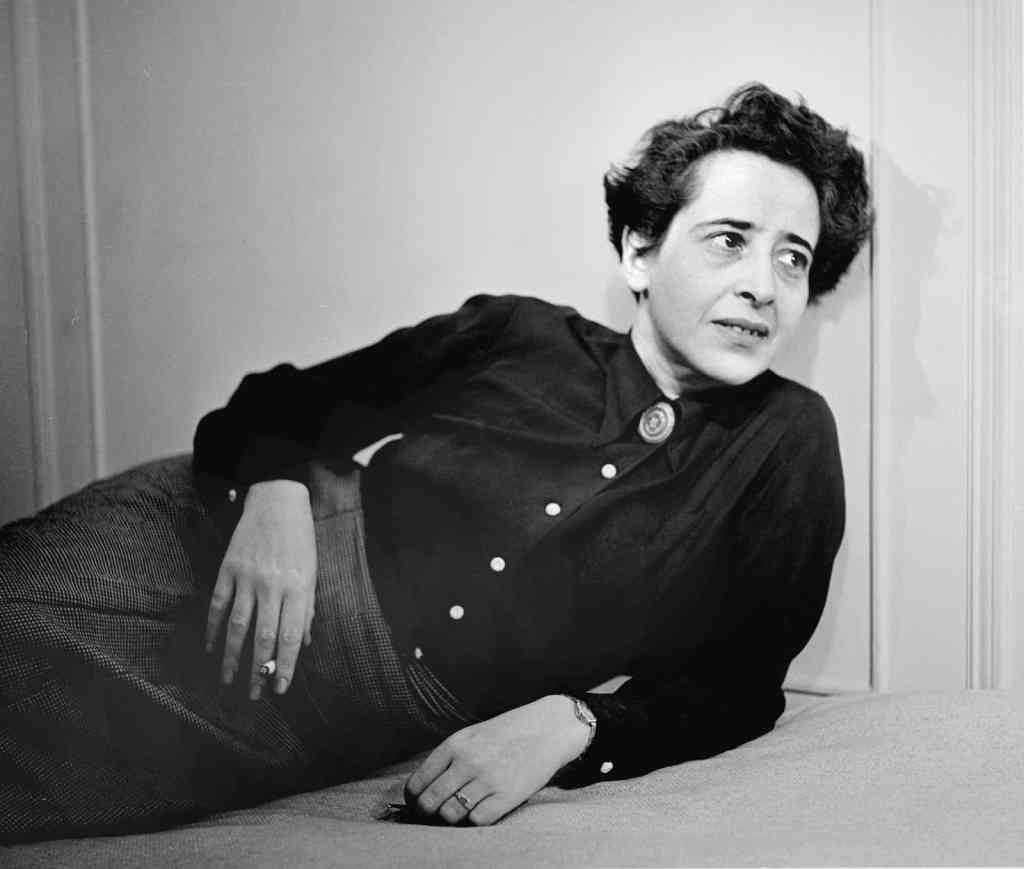
God indeed is one, – but His forces and His powers (i.e. His elohim and His sefirot) are more than multiple, according to the Jewish Kabbalah.
This idea unites without contradiction monotheistic and polytheistic intuitions.
In contrast, one cannot say that man is really one, – nor the world or the cosmos for that matter. But neither can we say that their abundant multiplicities are a substitute for unity.
Men and worlds are certainly diverse, divided, mixed, undefined and indefinable.
But this diversity, this division, this mixing, this indefinition, are relative. They find their limits, if only in time and space. Men, like worlds, are indefinite, but certainly not infinite.
In the apparent profusion of innumerable beings and the even more abundant moments that compose them, forms of singularities emerge, for a time. Here and there appear strange quarks, galactic clusters, people and consciousnesses…
But are these singularities units? To put it another way, are these singularities as ‘one’ as God is said to be ‘one’?
Busy, unconscious and composite crowds swarm at all times in every and each one man. They are molecular, chromosomal, microbial, neuronal, synaptic, parasitic crowds, you name it.
What will remain of them at the end of time?
If man thinks he will ever be one, death always takes charge, in the end, of testing this dubious sense of unitive dream.
Conversely, if man is not one, if he is other than one, what is he in reality?
Several hypotheses are worth considering.
- Man is a diachronic being.
The immanent multiplicity is revealed, over long periods of time, by the accumulation of the diversity. What we were fetus, will we lose it as we die ? Or will we not rather summarize it?
Does the flower of youth lose only its petals and its radiance in the shadows of maturity, or in the night of agony, or does it not rather reveal its subtle, invisible and irradiant perfumes?
Let’s change metaphors.
If man was a kind of vast library, which book would summarize him best? Or could we only pick out a few scattered ‘good excerpts’? Or, even, shouldn’t we be satisfied with a single chosen line, at the corner of a forgotten paragraph, or a hallucinated word, to finally express his supposed unity, his only essential meaning?
2. Man is a synchronic being.
Just as a (infinite) mathematical curve can be summarized at each of its points by the (itself infinite) set of its derivatives, so one could suppose that at any moment of his life, the being of man could contain the (apparently infinite) set of his virtualities in the making. Always still in epigenesis, man is neither his sex nor his brain, neither his spleen nor his pancreas, neither his heart nor his blood, neither his very soul nor his faulty memory, but all this simultaneously.
Reason is road, cunning and cog, and blood is place and sense. The soul animates, and elevates, she borders on drunkenness, but often sleeps in the darkness of memories. In the lymph bathes the light of hope. Saliva drowns the suns of taste, the breath tempers the twilights of consciousness.
3. Man is a distributed (or swarming) being.
A more fantastic hypothesis assumes a ‘self’ which doubts itself. It is equivalent to the idea that any ‘I’ could be defined by the sum of all the ‘you’ encountered throughout life, as well as by the sum of all the ‘us’ felt, and even the anonymous crowd of all the ‘them’ surrounding the ‘I’, be they effective or only conceived. The human ‘I’ is still alone, singular, but mainly made of indissoluble pluralities, external multitudes, and produced by entire societies, and immemorial histories.
Whether man is diachronic, synchronic, distributed, swarming, or all of them in turn, or all of them simultaneously, winds down to being the same. It is at the time of death that the ‘I’ gets to know what he really is: either ‘nothing’, just ‘nothing’, or some entity allowed to continue ‘being’ in an yet unknown, sublimated form.
There is no point in arguing about this sort of conjecture, nobody knows the end of the story, but we will all know that end, when the evening comes.
To conclude with an opening, I would like to quote a fragment from the pre-Socratic philosopher Gorgias :
« There is nothing obvious about being because it doesn’t appear [dokein]. To appear is weak, since it does not succeed in being. »i
To put it another way, perhaps more clearly, and to fit this ancient and lively thought into a long perspective :
« The way in which God has been thought of for centuries no longer convinces anyone; if something is already dead, it can only be the traditional way of thinking about God. What is really dead is the fundamental distinction between the sensory domain and the supra-sensory domain. »ii
Really dead ?
Then we need to follow up with an essential intuition of Nietzsche, which Martin Heidegger (quoted by Hannah Arendt) re-ormulated as follows:
« The destruction of the supra-sensible also suppresses the purely sensible, and thus the difference between the two.»iii
If the supra-sensible and the sensible are, in the final analysis, no different, then there is also no essential difference between transcendence and immanence.
And, consequently, there is no essential difference between the Creator (either immanent or transcendant) and the Creation…
_____________________________
iDie Fragmente des Vorsokratiker. Vol. II, B 26. Hermann Diels and Walther Kranz, 1959. Quoted by Hannah Arendt. The life of the spirit. Thought. The will. Translated by Lucienne Lotringer. PUF, 1981, p.45
iiHannah Arendt. The life of the spirit. The thought. The will. Translation by Lucienne Lotringer. PUF, 1981, p.28
iiiMartin Heidegger. Paths that lead nowhere. Trad. W. Brokmeier. Paris 1962, p.173. Quoted by Hannah Arendt. The life of the spirit. Thought. The will. Translated by Lucienne Lotringer. PUF, 1981, p.29

Vous devez être connecté pour poster un commentaire.